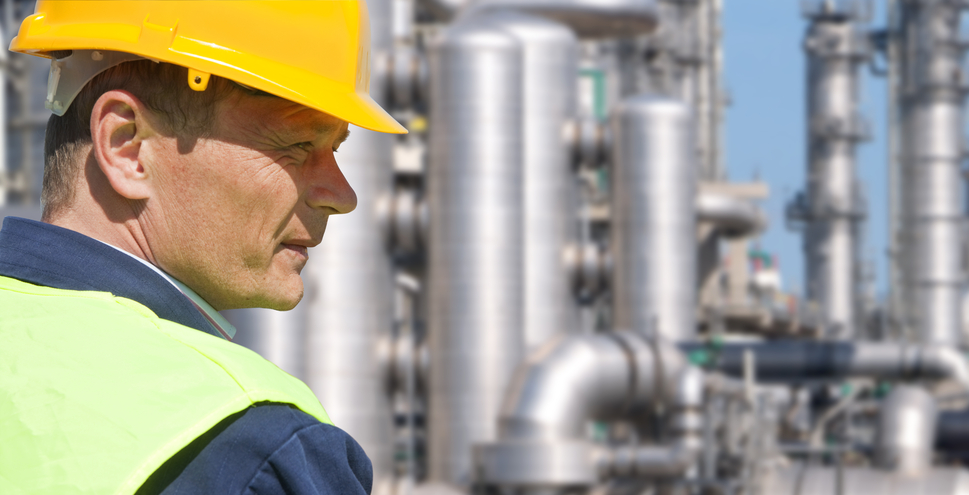Intermediate Level LNG - Part 2 of 10

Note: This is a recorded video presentation and does not qualify as a live interactive course nor a live webinar.
This engineering online PDH video presentation will present the technical knowledge required by designers and engineer-led operators to ensure LNG and other petrochemical plants operate safely and reliably. This course is Part 2 of a 10-Part series.
LNG plants and other petrochemical plants are built to bring a return on investment to their investors through their safe operation. This training covers LNG technologies at both a technical and human resource development level. It will help you design, operate, or maintain an LNG facility; however, many LNG topics can also apply to other petrochemical plants. This training is intended to present technical materials to help develop a clear understanding of an LNG facility's safe and efficient operation It is intended to give the learner the intermediate technical knowledge needed to make informed planning, maintenance, and operating decisions to ensure plant safety, reliability, and efficiency. The most crucial intention of this training is to give you technical knowledge on how to continue making the liquid natural gas industry safe and reliable.
The topics covered in this lesson include understanding:
- LNG Tank Components
- LNG tank relief valves, insulation, and material ratings.
- Benefits and disadvantages of top and bottom tank penetrations; and hold-down straps
- High and low-pressure relief valves.
- Types of tanks and operation of each
- Components of BOG
- BOG flammable limits and smoke.
- Berm requirements for single containment tanks
- LNG tank types – single, double, and full containment; nitrogen and BOG annular space filled.
- Process safety analyzes.
This 1 PDH online video presentation is intended for engineers, designers, and technical personnel who are interested in learning about LNG.
The learning objectives of the complete 10 learning sessions are to understand, at an intermediate level, the following:
- How to safely, reliably, and efficiently operate an LNG plant
- General characteristics of LNG and safety
- Liquefaction pretreatment
- Liquefaction systems
- LNG tanks, valves, pumps, vaporizers, auxiliaries, and other LNG plant equipment
- BOG management and plant operations
- Transporting LNG
- Efficient operation of LNG facilities
- Importance of philosophies, procedures, maintenance, and modes of operation.
- Understanding the thermodynamic relationship that governs the behavior of zeotropic hydrocarbons.
This Part 2 of 10 session is intended to provide you with the following specific knowledge and skills:
- Familiarizing with LNG tank components
- Learning about LNG tank relief valves, insulation, and material ratings.
- Understanding the benefits and disadvantages of top and bottom tank penetrations; and hold-down straps
- Learning about high and low-pressure relief valves.
- Knowing different types of tanks and the operation of each
- Familiarizing with the components of BOG
- Understanding BOG flammable limits and smoke.
- Learning about Berm requirements for single containment tanks
- Learning about different LNG tank types – single, double, and full containment; nitrogen and BOG annular space filled.
- Learning about process safety analysis.
For this course, you will need to watch the video presentation titled, “Intermediate Level LNG - Part 2 of 10” To access the video presentation, you will need to log in or register and purchase the course. Following course purchase, please click on the link provided in your account history to view the video presentation. The duration of the video presentation is approximately 60 minutes.
Once you are finished watching the video presentation, you will need to click on the link provided at the end of the presentation to access your account and take the quiz. You will need to take a multiple-choice quiz consisting of ten questions to earn 1 PDH credit. The quiz will be based on this video presentation.
Upon successful completion of the quiz, print your Certificate of Completion instantly. (Note: if you are paying by check or money order, you will be able to print it after we receive your payment.) For your convenience, we will also email it to you. Please note that you can log in to your account at any time to access and print your Certificate of Completion.